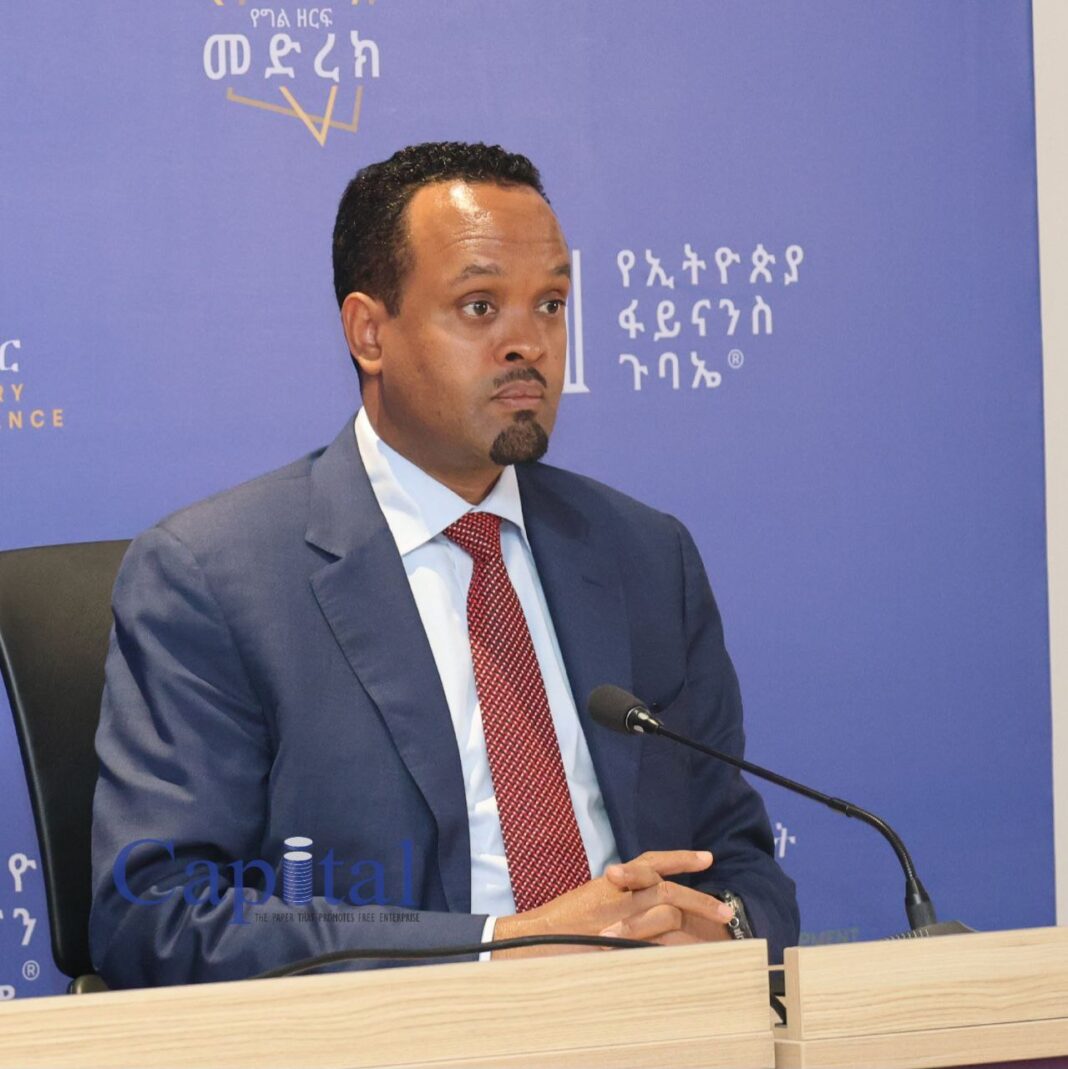In the first quarter of the new budget year, the Ethiopian government aims to raise 171 billion birr through biweekly Treasury
This initiative reflects the government’s shift from financing fiscal deficits with direct advances from the central bank to seeking funds from domestic and international markets to address its budget shortfall.
At the beginning of the fiscal year, the allocation for T-bills was 75% higher than the actual offers, indicating a strategic move toward greater reliance on market mechanisms. Finance Minister Ahmed Shide recently reiterated this strategy, stating, “We will fill the budget deficit from the market and international sources. ”He emphasized that tax revenue and treasury bills will be the primary means of financing the deficit, explicitly ruling out direct central bank advances.
This change has already yielded positive results, as Ahmed noted that avoiding direct advances has helped slow the growth of
base money. The National Bank of Ethiopia (NBE) reports that reserve money growth decreased from 24.8% in July 2024 to 17.3% by November, while broad money growth fell from 24.8% to 19% during the same period.
The Ministry of Finance has also released its first quarterly T-bill auction calendar, detailing plans to sell 117.7 billion birr across five auctions starting July 23.When combined with the 53 billion birr raised in the July 9 auction—representing a 76% increase over the initial 30 billion birr offer—the total approaches the targeted 171 billion birr for the quarter.
These biweekly auctions have garnered significant interest due to rising yields, which have consistently exceeded the policy rate and inflation since February. This trend has been bolstered by the NBE’s decision to lift the mandatory 20% Treasury bond purchase requirement for banks, reducing pressure on financial institutions.“Banks now have more liquidity since the T-bond mandate was removed, allowing them to participate more freely in auctions with market-driven rates,” experts explained.
The approved budget for 2025/26 stands at 1.93 trillion birr, with a 22% deficit amounting to 417 billion birr. Of this, 67% (277.5 billion birr) will be financed domestically through T-bills and other sources, while 33% will come from international budget support.The government anticipates raising 1.5 trillion birr from domestic revenue and grants, with 1.2 trillion birr (81%) sourced locally and 235 billion birr from foreign grants. Tax revenue is projected to grow by over one-third, reaching 1.1 trillion birr.
A significant portion of the budget is allocated for debt servicing, which constitutes 29% (463 billion birr) of the total. This includes 300 billion birr owed to the Commercial Bank of Ethiopia for previous bailouts of public enterprises. Ethiopia’s shift toward market-based deficit financing represents a substantial change in fiscal policy. With robust demand for T-bills, reduced reliance on monetary financing, and ambitious tax revenue targets, the government aims to stabilize the economy while managing its considerable debt burden. However, the success of this strategy will depend on sustained investor confidence and effective revenue collection.






